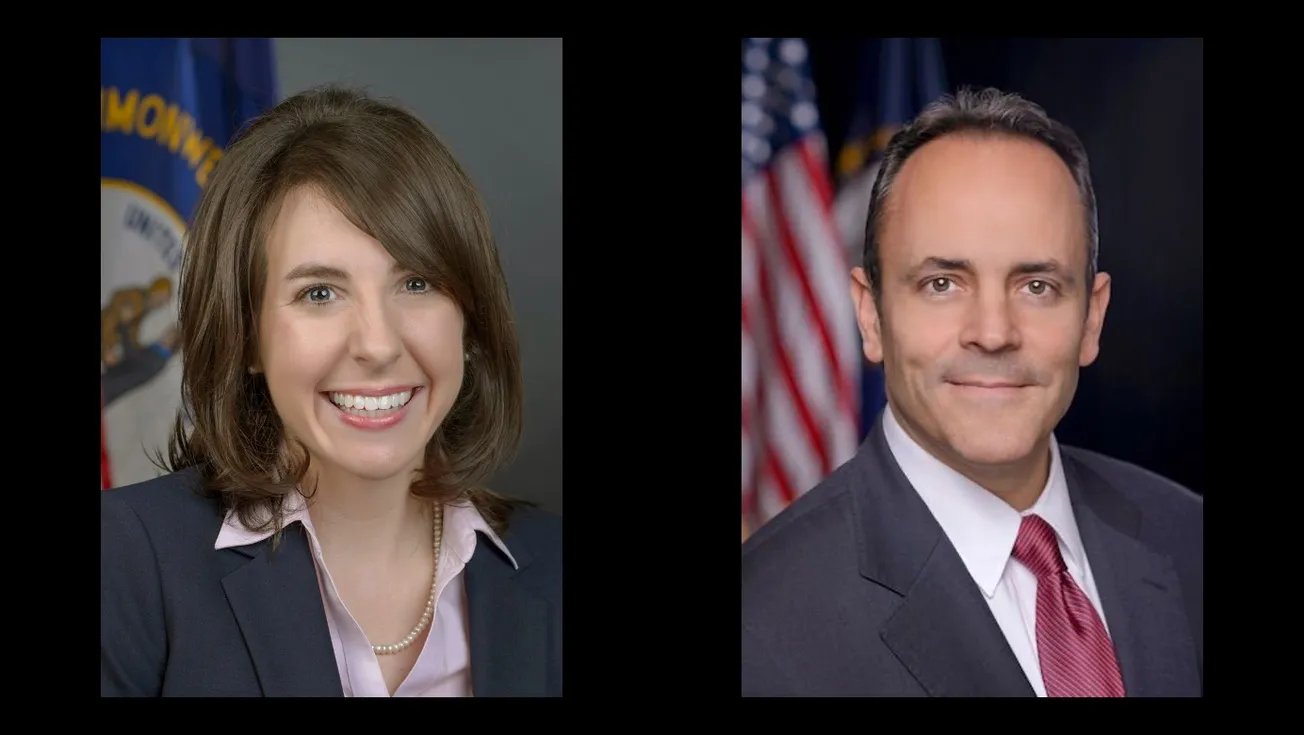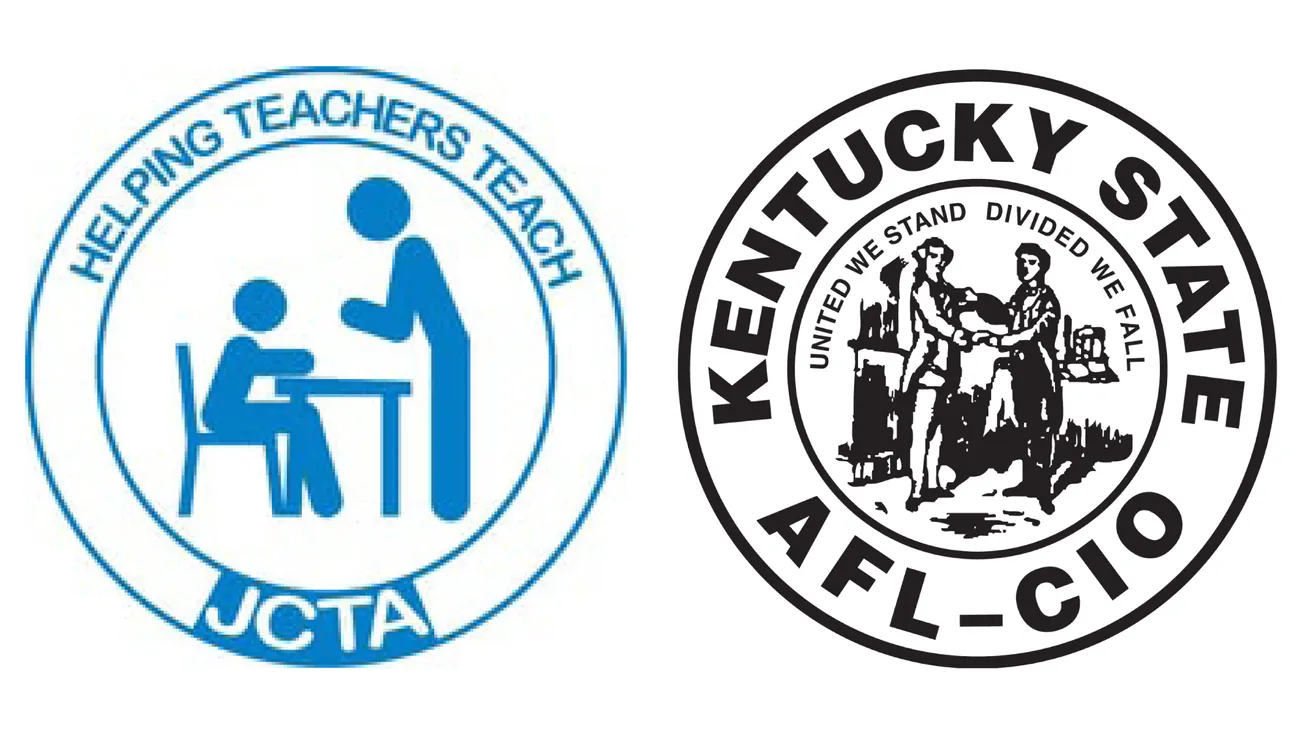Who can forget this September 2019 exchange between former Governor Matt Bevin and reporters concerning Bevin’s reluctance to permit public access to travel records confirming his use of a state airplane?
“The information is out there. The people can see all of the flights that have been taken and can see where the money came from.
“The real question is: Why does it matter what the purpose (of the trip) is? Did taxpayers pay for it? If they did, then they should know the purpose. If they didn’t pay for it, it’s none of their business.”
“It’s none of their business.”
That statement sums up a gubernatorial administration that resisted disclosure of records relating to Braidy Industries, the actuarial analysis of its pension reform plan, allegations of sexual harassment leveled against executive branch employees, and — of course — executive pardons.
The public bore the cost of open records litigation under Bevin, as well as the cost to its right to know.
Thus, it is troubling to learn that a current candidate for state auditor — the guardian of taxpayer dollars and champion of public accountability and integrity — has signaled her disdain for open government well ahead of the general election.
Last week, Kentucky Attorney General Danial Cameron — a man whose own lukewarm commitment to open government is everywhere on display — issued an open-records decision in which his staff found that Kentucky Treasurer Allison Ball, an announced candidate for Auditor of Public Accounts, violated the open records law in denying a request for all state forms requesting Ball’s out of state or out of country travel, later amended to “records of any out-of-state or international travel by” the Treasurer.
Ball denied the request as unreasonably burdensome because it “was vague, overly broad, and fail[ed] to identify the requested records with sufficient particularity to identify responsive records” — a statutorily-recognized basis for denying an open records request if supported by clear and convincing evidence.
The Attorney General rejected Ball’s claim based on her failure to present that clear and convincing evidence as required by KRS 61.872(6) — a curious legal analysis in itself, as it makes no reference to controlling Kentucky Supreme Court caselaw.
The analogy is not a perfect one.
The Bevin travel records controversy focused on selective nondisclosure of records documenting his use of a state airplane because his comings and goings were “none of the public’s business.” The Ball travel records controversy focuses on blanket nondisclosure of records of out-of-state travel by any mode of transportation because the request was too vague and therefore imposed an unreasonable burden on her office.
Both arguments are legally unsupportable — and, frankly, offensive.
The common thread is the public servant’s disregard for the right of the public she or he serves to know the frequency of the travel, the purpose of the travel, the duration of the travel, and the cost to the public of the travel.
To be clear, travel records are public records to which the public must be afforded access for the reasons identified in our earlier analysis of Bevin’s travel records:
“Records identifying the dates, destinations, purposes, and associated costs, including staff costs, of flights actually taken ... enable the public to verify the use of public equipment and personnel for public purposes and in some cases nonpublic purposes.”
Can it be that a candidate who aspires to hold office as the guardian of taxpayer dollars doesn’t appreciate this basic principle of public accountability?
Within a year of the Bevin travel record controversy, current Auditor Mike Harmon called for greater transparency in “the use of taxpayer owned and funded aircraft by their elected leaders for both official and non-official business,” and advocated “for changes in law by the General Assembly that will create a consistent way to disclose the purpose of flights ...”
Under pressure, Bevin finally released the requested records.
Will Treasurer/Candidate Ball do the same, or continue to stubbornly resist disclosure in the courts at the expense of the taxpayers and, more importantly, the taxpayers’ right to know?
--30--








